Exploring Real Estate Investment Financing Options in Canada
Are you considering diving into the world of real estate investment in the Great White North? One of the most crucial aspects of embarking on this journey is understanding your financing options. In this comprehensive guide, we'll explore various financing options and strategies tailored specifically for real estate investment in Canada.
Traditional Mortgages:
When it comes to financing a real estate investment, traditional mortgages are a popular choice. In Canada, these mortgages are typically provided by banks and credit unions. Here's a breakdown:
Fixed-Rate Mortgages: With a fixed-rate mortgage, your interest rate remains constant throughout the loan term. This option provides stability and predictability in your monthly payments, making it suitable for long-term investments.
Adjustable-Rate Mortgages (ARMs): ARMs offer a variable interest rate that can change periodically. While they may start with lower rates, they can fluctuate over time. This option can be ideal if you anticipate short-term investments or expect interest rates to decrease.
Private Lenders:
Private lenders play a significant role in Canada's real estate financing landscape. They are individuals or companies that provide loans outside of traditional financial institutions. Here's what you need to know:
Flexibility: Private lenders often offer more flexible terms and approval criteria compared to banks. This can be advantageous if you have unique financing needs or a less-than-perfect credit history.
Short-Term Loans: Private lenders are commonly used for short-term financing, such as bridge loans to cover gaps between property acquisitions and traditional mortgage approvals.
Interest Rates: Interest rates from private lenders can be higher than those from banks, reflecting the higher risk they assume.
Hard Money Loans:
Similar to private lenders, hard money lenders focus on short-term financing, typically for real estate investors. Here are the key points:
Quick Approval: Hard money loans are known for their swift approval process, making them suitable for time-sensitive investment opportunities.
Asset-Based: These loans are secured by the property itself rather than your creditworthiness, which can be advantageous if you have a strong investment property.
Higher Interest Rates: Hard money loans generally come with higher interest rates and fees due to their short-term and riskier nature.
Creative Financing:
Creative financing strategies can offer unique solutions for real estate investors in Canada:
Seller Financing: In seller financing, the property seller acts as the lender, allowing the buyer to make payments over time. This can be beneficial if traditional financing is challenging to secure.
Lease Options: A lease option agreement lets you lease a property with the option to buy it at a later date. This can be a valuable strategy if you're uncertain about a property's long-term potential.
Government Programs:
Canada offers several government-backed programs to assist real estate investors:
Canada Mortgage and Housing Corporation (CMHC): CMHC provides mortgage loan insurance, making it easier to secure financing, particularly for properties with smaller down payments.
National Housing Strategy: This initiative focuses on affordable housing and may offer incentives for investors interested in this sector.
Conclusion:
Navigating the financing landscape for real estate investment in Canada requires careful consideration of your investment goals, risk tolerance, and the property itself. Each financing option has its advantages and drawbacks, so it's essential to work with a financial advisor or mortgage broker who specializes in real estate investments to find the best fit for your specific situation.
Remember that the Canadian real estate market can vary significantly by location and property type, so thorough research and due diligence are paramount. With the right financing strategy and a well-informed approach, you can take advantage of the diverse opportunities in the Canadian real estate market. Happy investing

